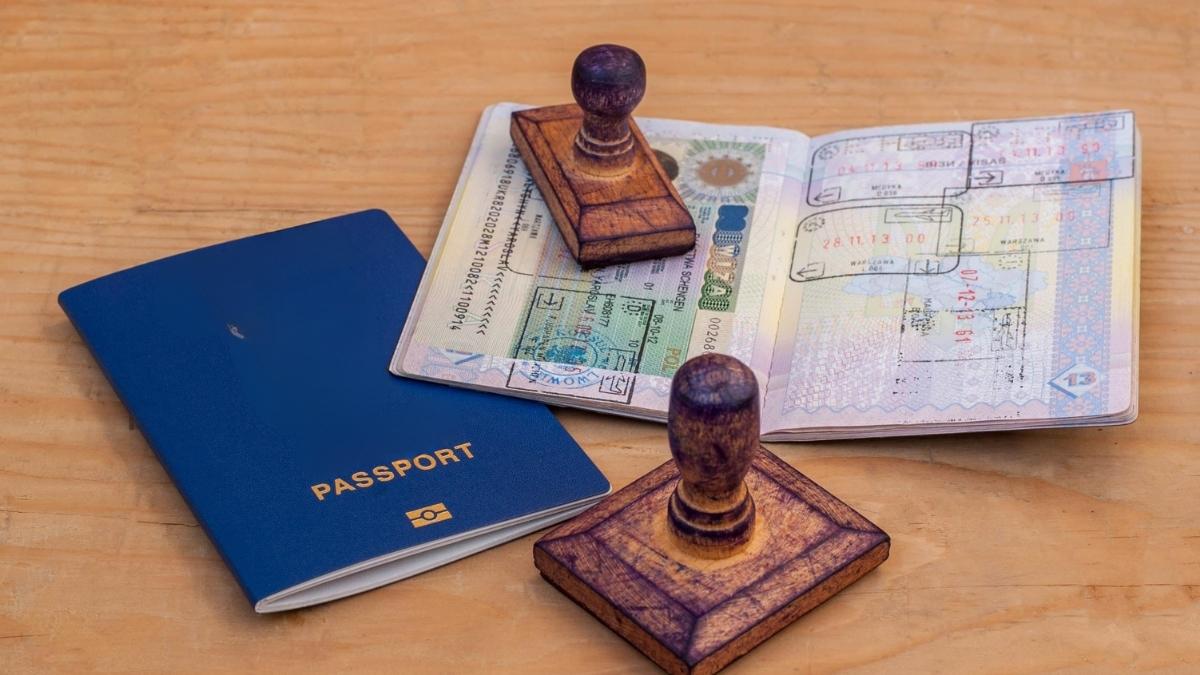With an ever-increasing number of people exploring the world, the environmental impact of travel cannot be ignored. The question that arises is whether as travellers we are doing enough to minimise their ecological footprint. It is obvious that there is a large appetite for sustainable travel solutions. While regenerative travel is gaining traction, the question remains: Are travellers truly eco-friendly enough in their current practices?
Sustainable Travelling Through Regenerative Travel

Travellers are increasingly concerned not only with minimising their carbon footprint but also actively contributing to the well-being of the places they visit. This shift has given rise to regenerative travel, which seeks to restore and revitalise the natural environment and local communities affected by tourism. This shift in behavior highlights the urgent action travellers are taking up steps.
Today’s travellers are increasingly taking a regenerative approach to travel. They are looking for vacations with the greatest positive impact as a result of growing climate anxiety. They are increasingly choosing destinations that have a good impact on wildlife, conservation, and the local community, as well as participating in local philanthropy and ethical experiences.
According to Booking.com’s Sustainable Travel Report 2023, 69% of travellers want the money they spend when travelling to go back to the local community. 55% believe that travelling in a manner that protects local wildlife and natural habitats is more environmentally friendly than other options. At the same time, 40% don’t know how or where to find tours and activities that will ensure they give back to the local community.
Regenerative travel places a strong emphasis on benefiting local communities. Travellers support locally-owned businesses, engage in cultural exchanges, and participate in community-based tourism projects. 43% favoured small, independent store, according to that report.
ALso Read: Mumbaikars, This Eco-Friendly Ghatkopar Metro-Themed Ganpati Looks Absolutely Amazing! Pics Inside
At This Point, Are We Travelling In Eco Friendly Ways?

However, it is essential to acknowledge that the transition is a work in progress. While some travellers are embracing this approach, there are barriers to its widespread adoption, including affordability and industry-wide commitment.
The question, “Are travellers travelling eco-friendly enough?” is complex and multifaceted. While there is a growing movement towards sustainable and responsible travel, there are still significant challenges and barriers to overcome. Travellers are constrained by the idea that they must choose between sustainability and consumption as a result of growing inflation.
According to that report, 49% believe more sustainable travel options are too expensive. At the same time, 47% would like tips on how to travel more sustainably on a budget. Barriers to travelling more sustainably seem to be stronger than ever. These barriers range from a perceived lack of options to a lack of data of meaningful sustainable resources.
At its core, some travellers are aiming to repair the damage done by traditional tourism and foster a positive impact. 59% are more determined to make more sustainable choices now than when they travelled a year ago. Converting intent into action, they have taken small steps like reusable shopping bags, took public transport or bicycle over car, recycled their garbage when travelling, re-used the same towel multiple times and more.
However, it is essential to acknowledge that this transition is a work in progress. The art of travelling can leave a positive mark on the planet and its communities. However, achieving truly eco-friendly travel requires collective efforts and push for greater accountability within the travel industry to ensure a more eco-friendly future for all.
Cover image credits: Canva
First Published: September 27, 2023 8:00 AM



